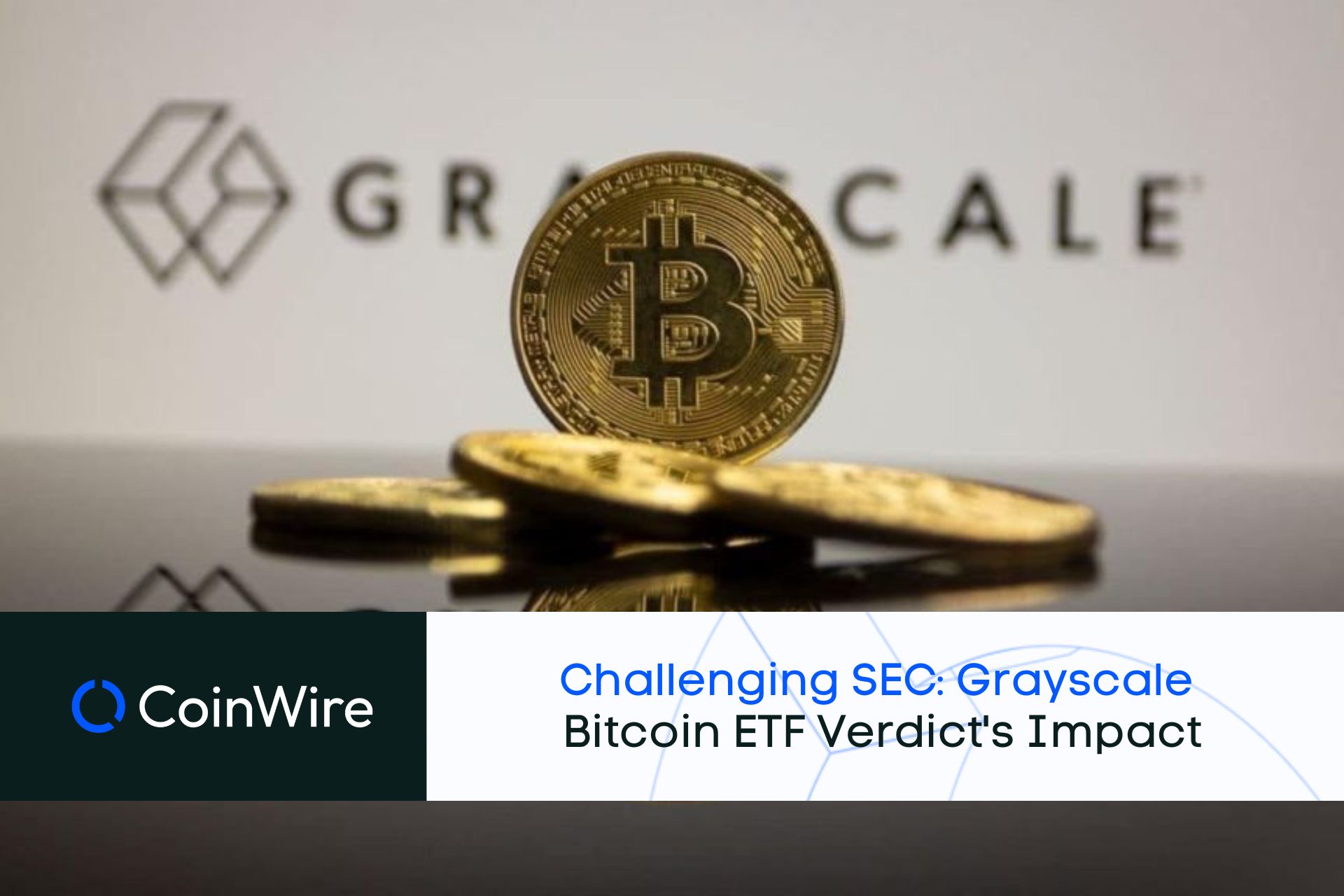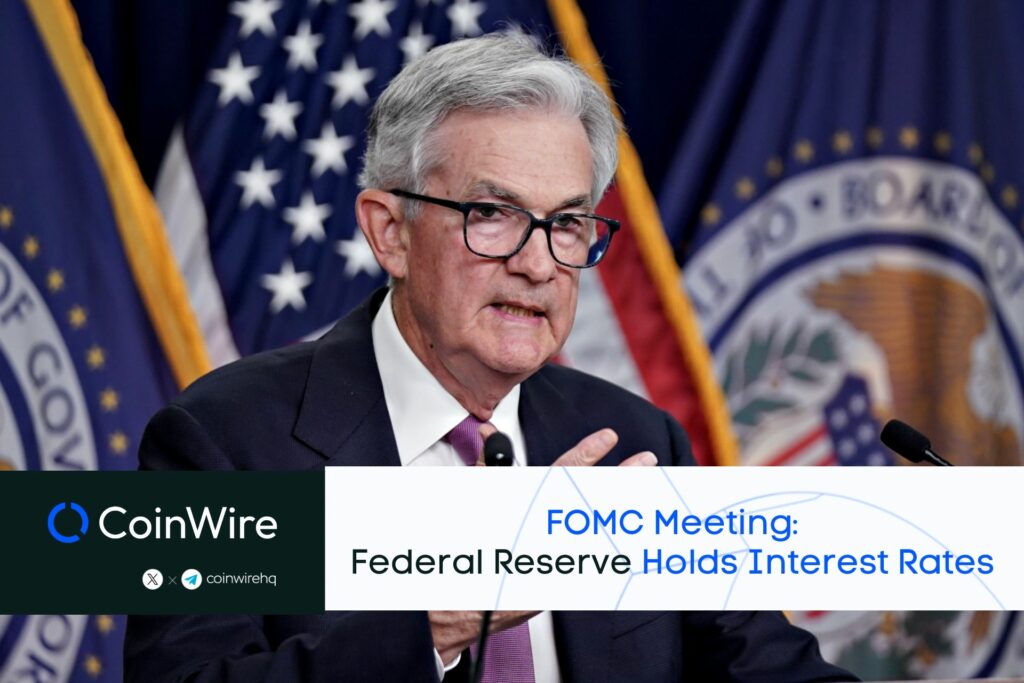Marking a momentous shift in the cryptocurrency landscape, the U.S. Court of Appeals has shaken the foundation of the Securities and Exchange Commission’s (SEC) authority. This shakeup comes in response to the SEC’s denial of a Bitcoin exchange-traded fund (Bitcoin ETF), setting the stage for more profound implications that transcend the realm of ETFs.
Challenging the SEC’s Denial of a Bitcoin ETF
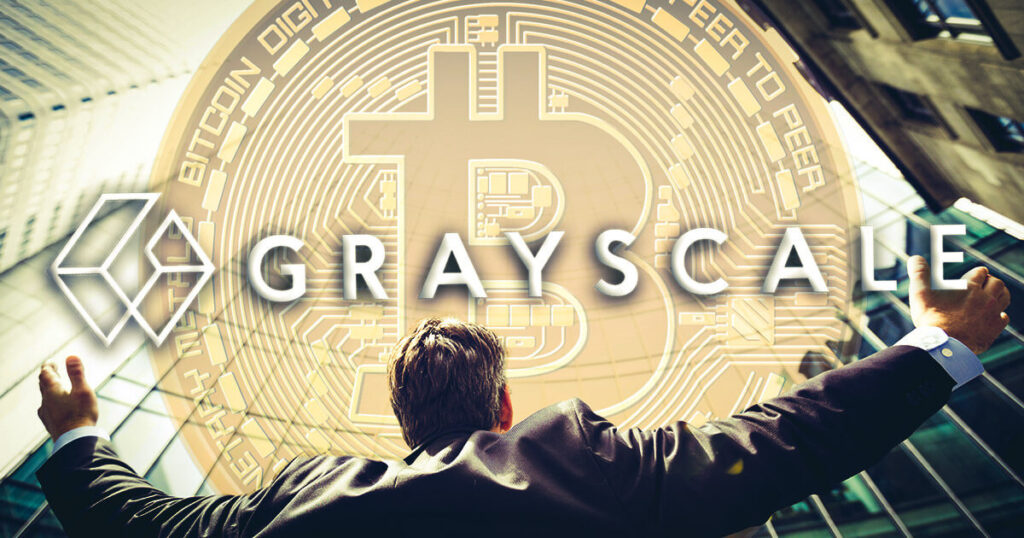
The recent ruling by a three-judge panel of the U.S. Court of Appeals has brought the crypto community’s long-standing criticism of the SEC’s approach to light. Grayscale Investments, a sister company of CoinDesk, found support from the court in its pursuit of transforming the Grayscale Bitcoin Trust (GBTC) into an ETF. The court criticized the SEC for acting “capriciously” and “arbitrarily” in rejecting the ETF proposal. This ruling is seen as a victory for the crypto sector, shedding light on the regulatory inconsistencies that have long been a point of contention.
Read more: Grayscale Secures Win Against SEC, Triggering Bitcoin Surge
The court’s decision has not only focused on the pro-ETF stance but also raised concerns about the SEC’s credibility. The court questioned the SEC’s failure to adequately explain its argument and its seemingly biased stance toward different types of bitcoin-related exchange-traded products. This has brought attention to the SEC’s approach to crypto, suggesting that its decisions may not always be grounded in a thorough evaluation of the facts.
Implications for the Crypto Market and Regulatory Landscape
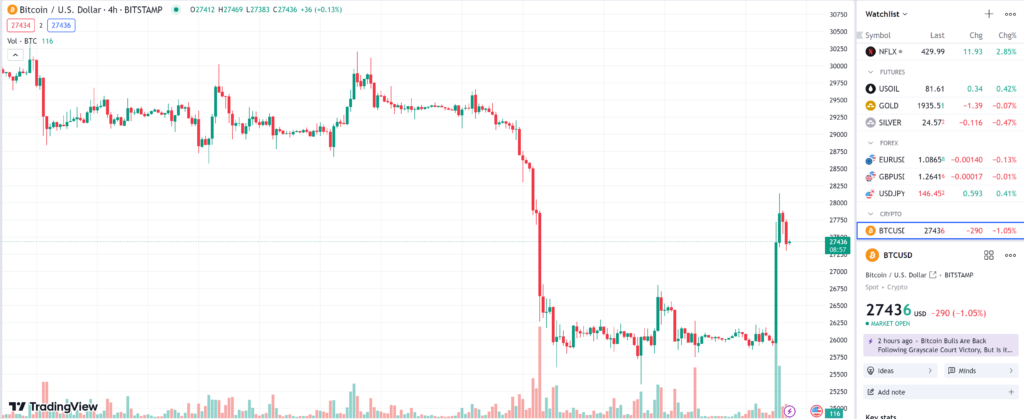
The court’s ruling holds significance on two crucial fronts. Firstly, the concept of ETFs plays a pivotal role in expanding the accessibility of cryptocurrencies to a broader investor base. By offering a regulated and familiar pathway for investment, ETFs have the potential to unlock billions of dollars that have been sidelined due to concerns over the lack of traditional market infrastructure. This development aligns with the ongoing efforts to bridge the gap between traditional finance and the crypto space.

Secondly, the U.S. Court of Appeals’ decision echoes a pattern that was observed with the Ripple case in July, demonstrating that the SEC’s authority over cryptocurrencies is not absolute. This challenges the narrative put forth by SEC Chair Gary Gensler, who has been vocal about the agency’s role in overseeing the crypto sector. The court’s involvement signifies that the ultimate interpretation of crypto-related matters is not confined to the SEC alone. Instead, the judicial system and Congress also have a significant role to play in shaping the regulatory landscape.
Read more: BlackRock Insiders: Bitcoin ETF Approval Could be Within 6 Months
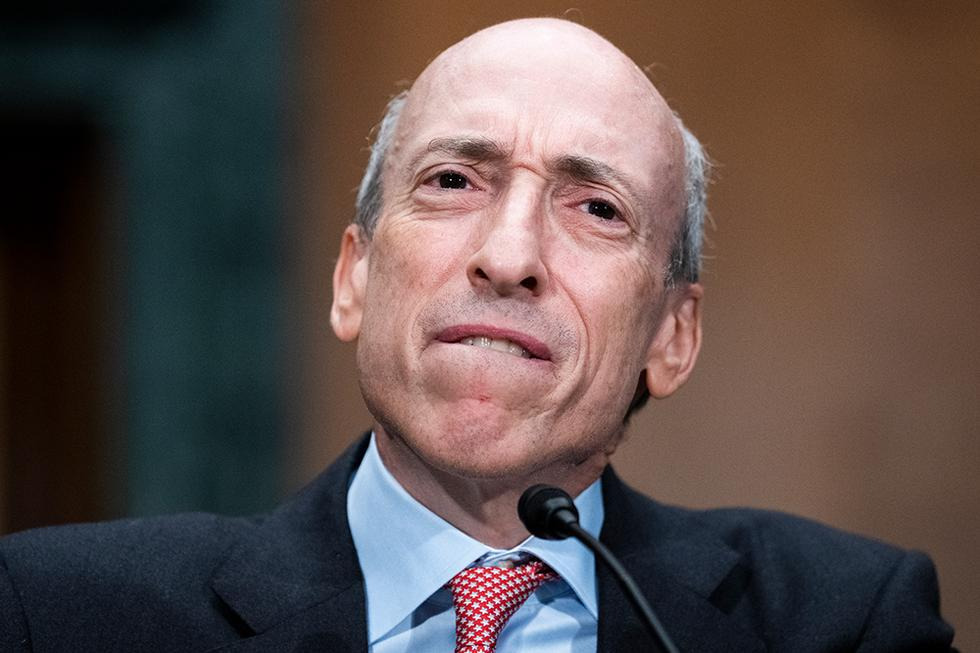
Moreover, the ruling raises pertinent questions about the SEC’s jurisdiction over digital assets. These questions mirror discussions within the Lummis-Gillibrand “Responsible Financial Innovation” bill that is currently making its way through Congress. The bill emphasizes the commodity-like attributes of cryptocurrencies and advocates for the U.S. Commodity Futures Trading Commission (CFTC) to play a more prominent role in regulating the space. The court’s verdict lends further weight to this argument and adds momentum to the ongoing conversation about the most appropriate regulatory framework for digital assets.
Related: Ripple and SEC Gear Up for Q2 2024 Trial: Dates and Readiness Confirmed
Conclusion
The U.S. Court of Appeals’ decision to challenge the SEC’s denial of a bitcoin ETF marks a pivotal moment in the evolution of crypto regulations. This ruling signifies a rebuke to the SEC’s approach and highlights the growing influence of the judicial system and Congress in shaping the crypto regulatory landscape. Beyond the implications for ETFs, the court’s involvement in the matter sends a clear message: the authority over cryptocurrencies is not solely vested in the SEC. As the debate over the proper jurisdiction and regulation of digital assets continues, the court’s stance adds a new layer of complexity to the ongoing conversation about the future of cryptocurrencies in the financial world.
